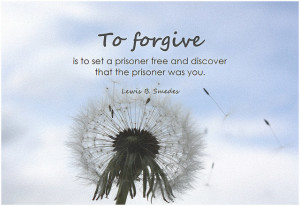 The phrase, “the buck stops here,” was made popular by President Harry S. Truman. The phrase was on his desk in the Oval Office as a reminder to himself and the nation he was leading that ultimately the final responsibility was his. The phrase implies that the responsibility for something cannot or should not be passed on to someone else. No one to blame, no scapegoating or making of excuses. Let that sit with you for a while before reading any further.
The phrase, “the buck stops here,” was made popular by President Harry S. Truman. The phrase was on his desk in the Oval Office as a reminder to himself and the nation he was leading that ultimately the final responsibility was his. The phrase implies that the responsibility for something cannot or should not be passed on to someone else. No one to blame, no scapegoating or making of excuses. Let that sit with you for a while before reading any further.
What might happen if you were to approach living your life in this way? Rather than doing the thing that comes naturally—blaming others and making excuses, you start saying, “the buck stops with me,” and you take total responsibility for your life.









